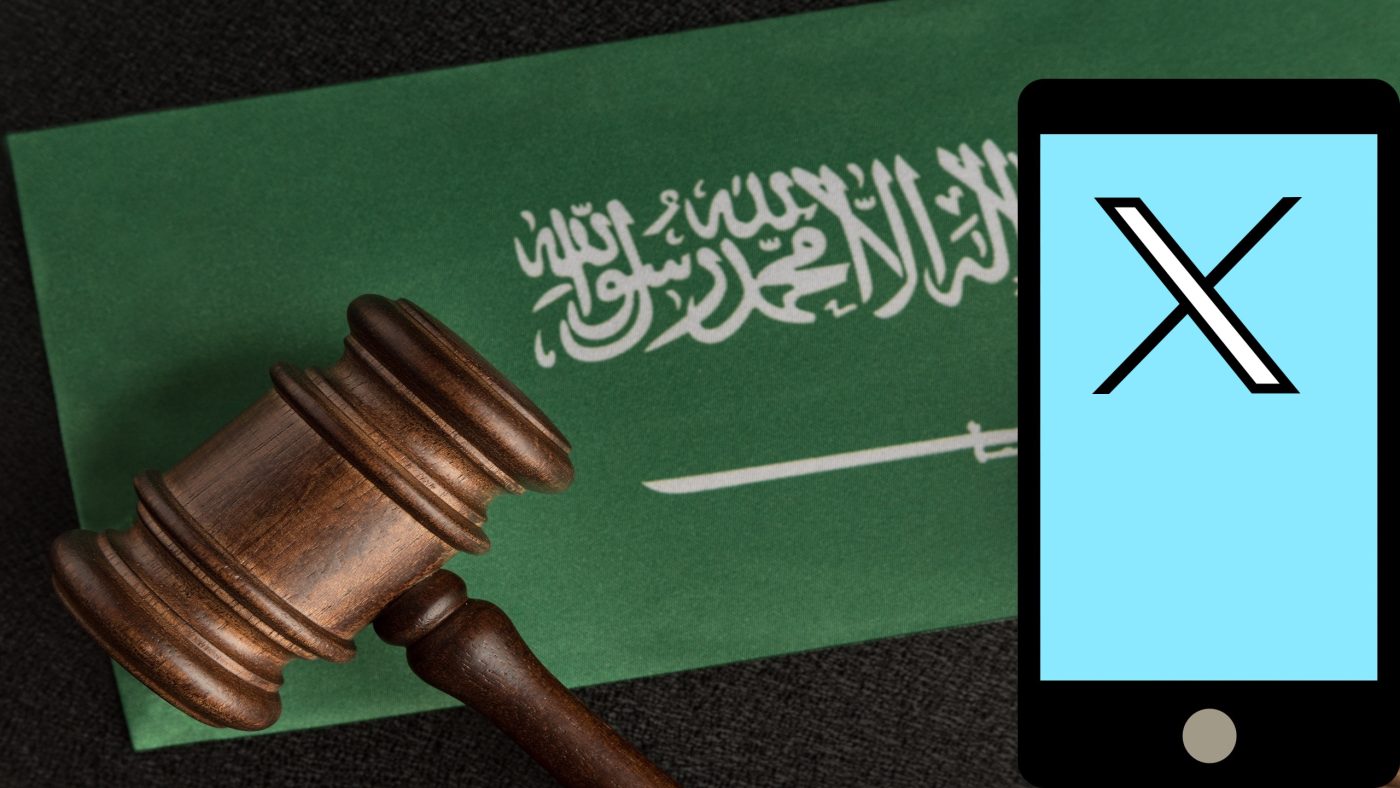Freedom of expression, a fundamental human right, is a cornerstone of democratic societies worldwide. It enables people to express their views, hold governments accountable, and contribute to an open and transparent public discourse. However, this valued freedom is under attack in Saudi Arabia, and the situation has taken a profoundly alarming turn.
Manal al-Gafiri, an 18-year-old girl, became the latest victim of Saudi Arabia’s suffocating crackdown on free expression when she was sentenced to 18 years in prison and issued a travel prohibition. Her alleged crime? Supporting political prisoners through tweets. It’s particularly distressing to note that she was only 17 when she was arrested. Unfortunately, Manal’s situation is far from unique and is part of a larger pattern of escalating repression and power abuse.
Crown Prince Mohammed bin Salman, the de facto ruler of Saudi Arabia, presides over a judicial system that imposes severe prison sentences on those who attempt to express dissent, especially through social media platforms. The case of Mohammed al-Ghamdi, a retired teacher sentenced to death for his tweets and YouTube comments, is another stark example of this grave abuse of power.
It is crucial to note that the oppressive counterterrorism law used to justify these sentences was enacted in 2017, shortly after Mohammed bin Salman’s rise to crown prince. That very year, new judicial bodies were established, including the Presidency of State Security and the Public Prosecution Office, further consolidating his control and authority. While Saudi authorities may present an image of modernization and progress, their actions continue to suppress freedom of expression. This repression is not confined to Saudi citizens within the country; it extends to activists and dissidents abroad, who often face threats and intimidation designed to silence them.
Saudi Arabia increased its repressive arrest campaigns against citizens and activists accused of exercising their freedom of expression in 2022. This escalation followed the July 2022 visit of USA President Joe Biden to Saudi Arabia. Subsequently, Saudi authorities increasingly used anti-terrorism and cybercrime laws as weapons to target, intimidate, and exact revenge on human rights defenders and dissenting voices.
Male and female activists, some from other nationalities, were arrested and sentenced to prison, fines, and travel bans simply for expressing their opinions in tweets, published commentary, or retweets. The rapid response by Saudi authorities came through arrest, arbitrary detention, and disappearance. Notable cases include Salma Chehab, a doctoral candidate at Leeds University, who received an astounding 34-year prison sentence for her tweets, and Noura bint Saeed Al Qahtani, a mother of five, who was sentenced to 13 years for her peaceful Twitter activity. Later, on August 9, 2022, her sentence was increased to 45 years of imprisonment, accompanied by a 45-year travel ban. Saad Ibrahim Al Madhi, an individual charged with freedom of expression for his Twitter posts, received a 16-year prison sentence and an additional 16-year travel ban. Mahdia Marzouki faced a 15-year prison term on charges related to praising a terrorist organization through her Twitter account. These are just a few examples among the many who continue to endure this egregious treatment.
As advocates of human rights and freedom of expression, it is our responsibility to shed light on these grave injustices and demand change. Freedom of expression is a universal right, and its suppression cannot be tolerated. The international community must exert pressure on Saudi Arabia to end this crackdown, revise or repeal the oppressive laws that allow such sentences, and immediately release those who have been unjustly imprisoned for expressing their opinions. The commitment of Saudi Arabia to international human rights standards is at stake, and the international community must hold it accountable for its actions.

